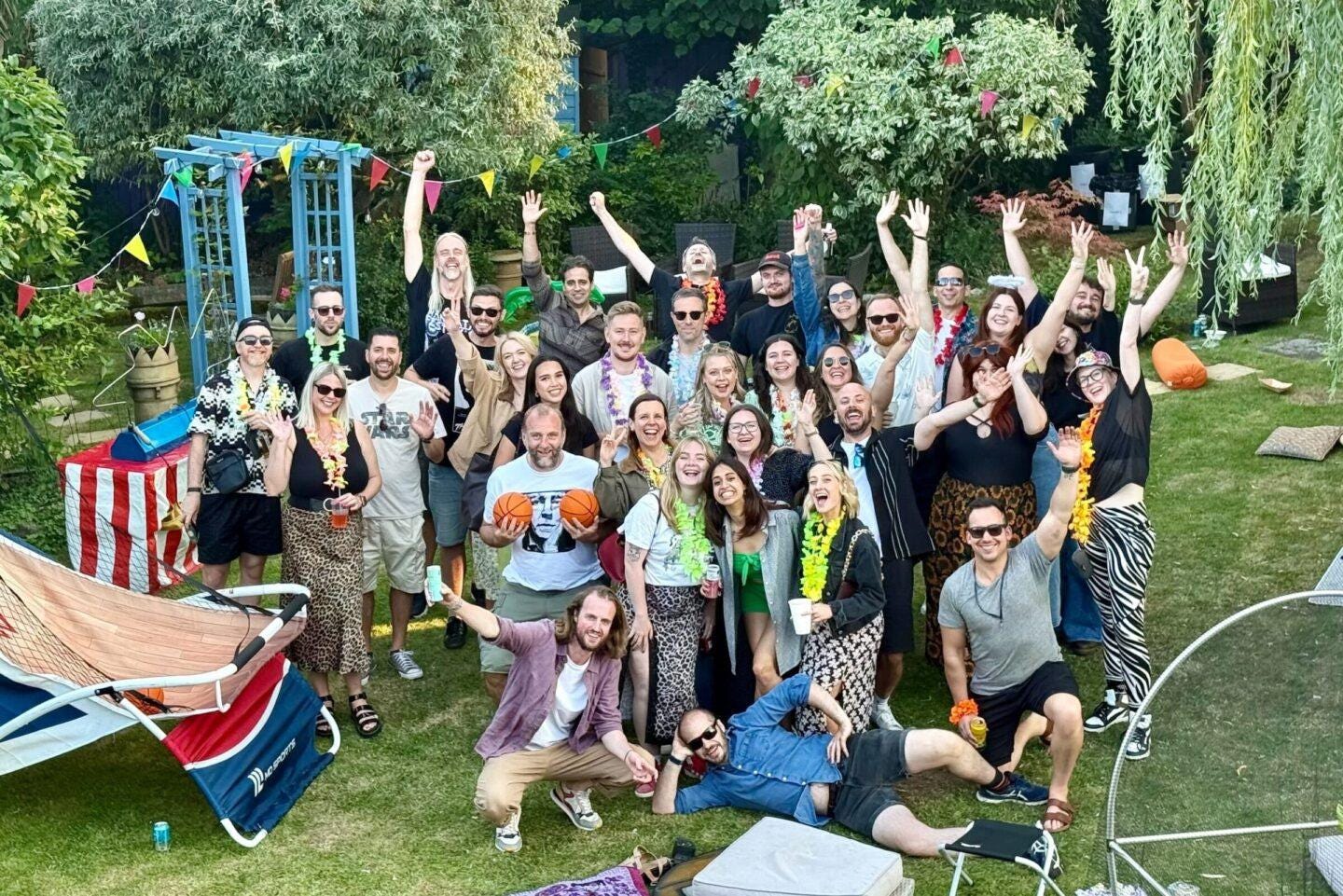Hallam’s employee ownership journey
How a serious think about culture and continuity trumped a pure cash offer
Hello Rainmakers,
We’re joining another business at an important strategic crossroads today. This time the agency Nottingham-based digital agency Hallam, which has a client roster that includes the United Nations, BBC, Speedo, Raleigh, Boots, Suzuki, BMW, amongst many others.
When Hallam was approached with a lucrative trade sale offer, the agency’s leadership faced a choice between short-term liquidity and long-term independence. CEO Jake Third and his team chose to transition to 100% employee ownership, preserving the company’s culture while creating a structure that aligns financial incentives with employee engagement and long-term growth.
Sam Metcalf takes up the story.
Hope you enjoy this. Rainmakers subscribers get two unique pieces a week, but also full access to our back catalogue of investigations, scoops, and insights, including updates from The Secret Investor, interviews with entrepreneurs, and the leaders from VC and PE investors like Endless, and River Capital, Foresight, Mercia, Puma and Northern Gritstone.
In 2024, Jake Third, managing director of Nottingham-based digital agency Hallam, faced a decision that many business owners simultaneously dream of and dread. A company had approached Hallam with a lucrative offer to acquire the business outright. For some shareholders, the prospect of a trade sale represented a chance to realise significant value.
“It was a pretty good offer and some of the shareholders wanted to accept that,” Third recalls. For a brief moment, it seemed Hallam’s future might soon rest in someone else’s hands.
As negotiations progressed, however, the leadership team began to reflect more deeply on what a sale would mean for the company’s people, its culture and its long-term direction. Hallam had spent years building a values-driven organisation where collaboration and personal development were at the centre of its success. Third was reluctant to compromise that foundation. “I don’t want to work for and run the company on behalf of another person,” he says.
The decision to walk away from a financially attractive trade sale prompted a fundamental rethink of Hallam’s ownership model. Rather than handing control to an external buyer, the team began exploring a structure that would secure the company’s independence while rewarding the employees who had helped build it. The result was a decision to transition to an Employee Ownership Trust (EOT).




